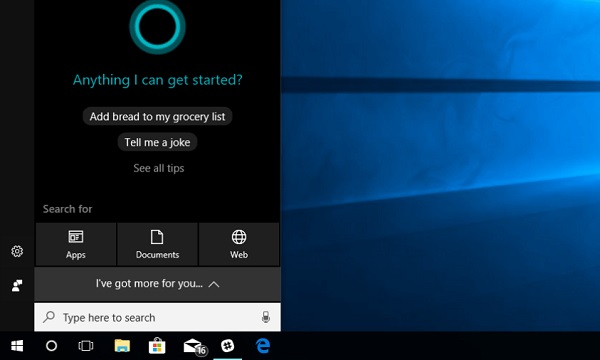Windows Server 2008 Enterprise
Description
Windows Server 2008 Enterprise is the best choice for Professionals
Windows Server 2008 came as a successor of the Windows 2003 server .This version embodies faster and greater features for Windows networks.it Maximizes control over your infrastructure while providing availability and management capabilities, leading to a more secure, reliable, and robust server environment than ever before.

What are the advantages of Windows Server 2008 Enterprise features for your business?
Windows Server 2008 is a server Operating System produced by Microsoft. This operating system functions as an optimizer in order to provide services to network clients. Windows server 2008 enables you to reduce costs, increase hardware utilization, optimize your infrastructure, and improve server availability.
TCP/IP
This option stack for faster performance. Stripped-down Server Core role for headless operation. Improved Terminal Services. New read-only domain controllers for better remote site security. Besides being streamlined, introduces features like TCP off-loading. This lets compatible network interface cards carry some or all of the client processing loads on their own CPUs rather than the server's—and even spread that load to other processors on other cards. You'll need hardware support to make these features work, but the newer crop of servers, including the HP ProLiant DL380 G5, have network interfaces that fully support Server 2008.

Server Core
Is a minimal installation option introduced in Windows service 2008 as a way to run Windows server with a limited set of features and with support for only certain server roles. The Server Core installation option is available in the Standard, Enterprise and Datacenter editions of Windows Server 2008.

Active Directory
Active Directory Federation Services (AD FS) uses sign-on (SS) technology which entitles users to access applications in a separate network or forest without the need of secondary credentials for a web server. AD FS is optimal for organizations who regular perform business-to-business transactions with other companies outside their own server but do not want any chance of their security compromised. AD FS formulates a trust relationship between two businesses which allows users to access servers in both organizations using their own existing Active Directory accounts. Each organization is responsible for managing the identity of their users and accepting the identities of users from other organizations through AD FS.



